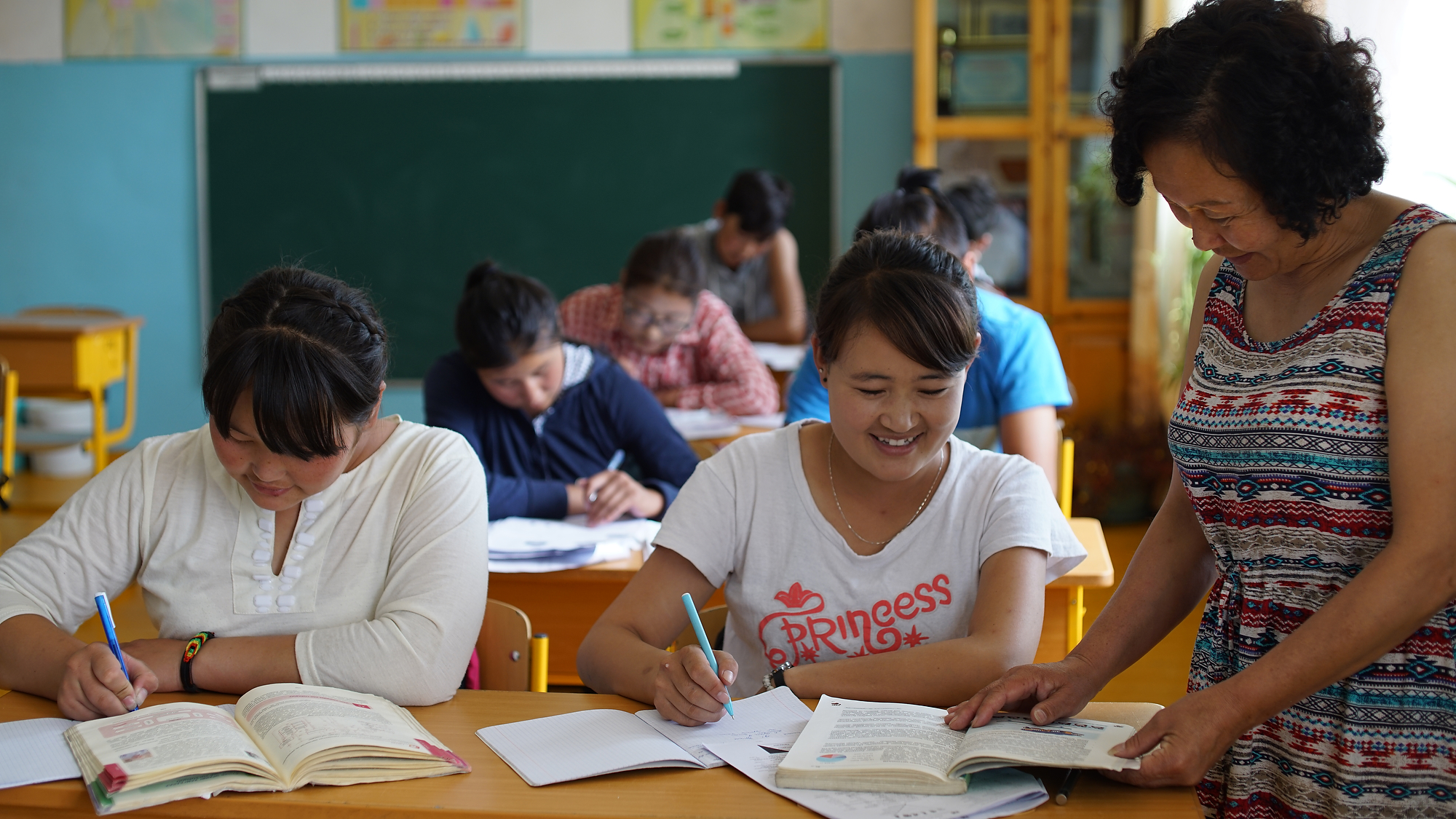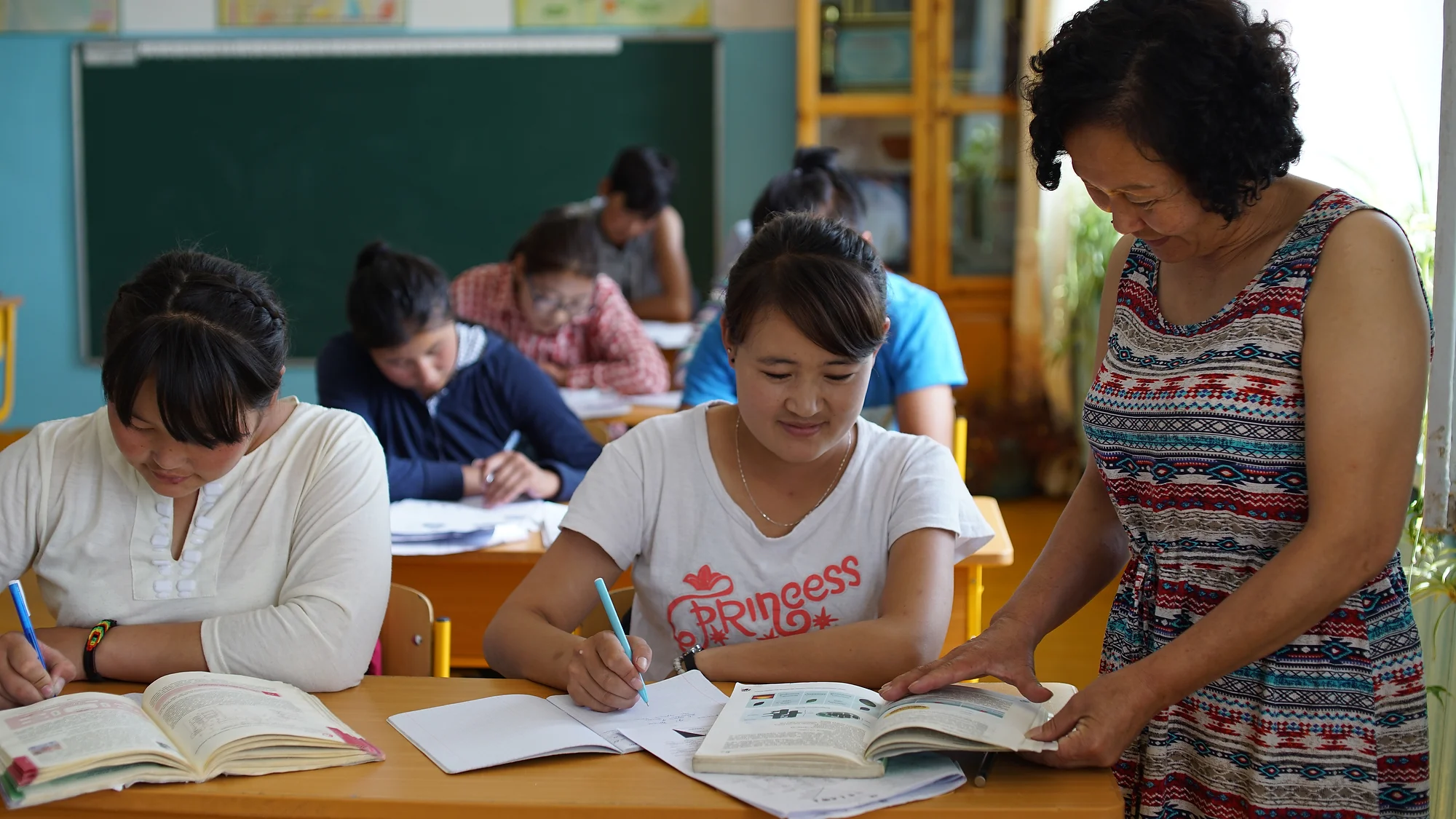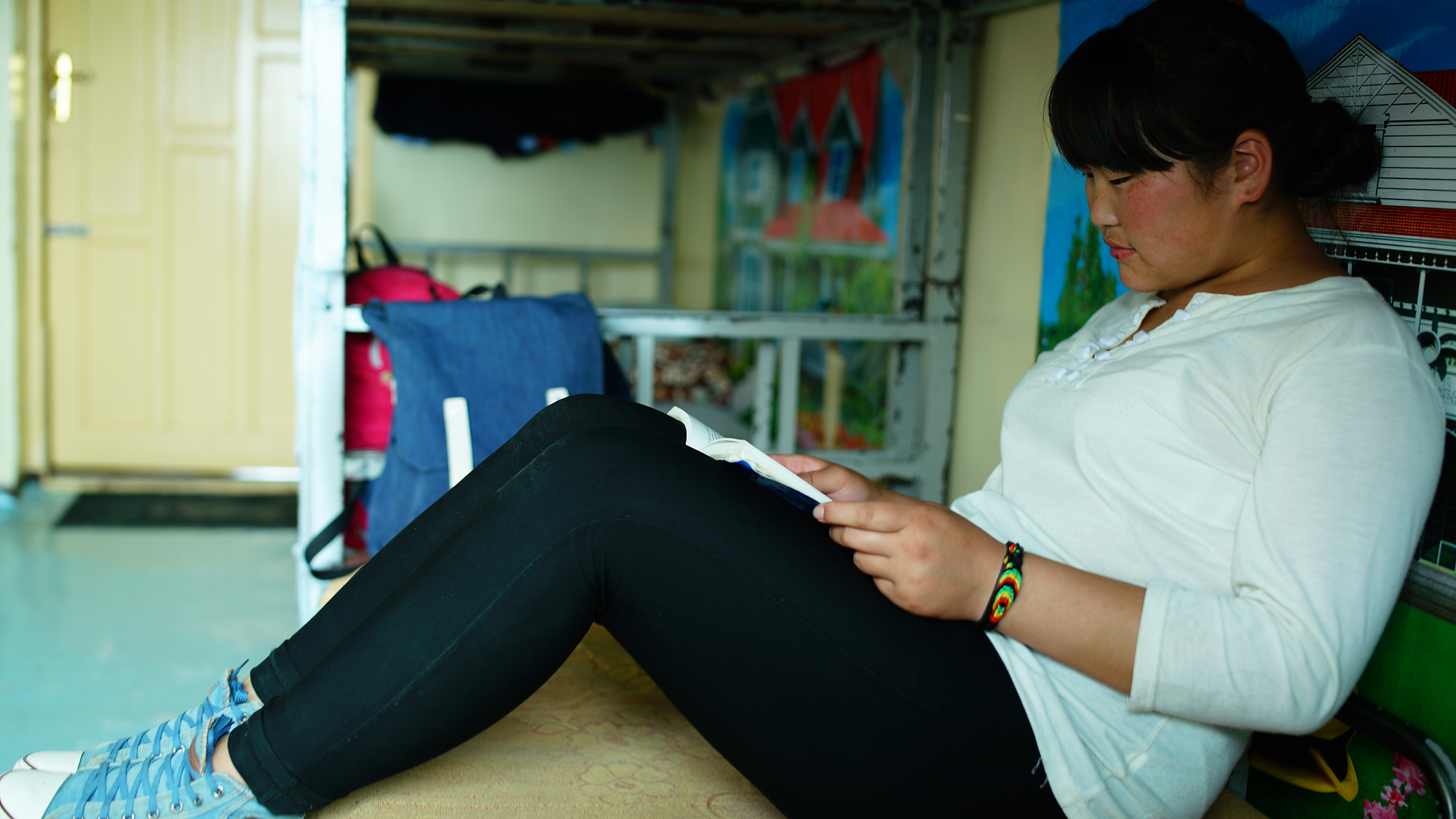GOAL
NAMUH was contacted by the Open Government Partnership (OGP) to produce and film a series of short videos for its 5thannual global summit inTbilisi, Georgia, and its new CitizENGAGEwebpage with stories of how countries, through OGP commitments, have improved social accountability and citizen engagement.
The films were to show success stories of how certain service deliveries were improved through citizen participation – an aspect OGP commitments.
CHALLENGE
With little over a week for pre-production and planning, NAMUH was pressed to determine which successful OGP case studies to film. We decided due to constraints, such as Ramadan and conspicuous results from certain countries’ accountability commitments, to focus on producing one video, which would be filmed in Mongolia.
As OGP only had a partner on the ground to assist, and due to significant time zone differences, NAMUH employed the services of a fixer to help contact key stakeholders to define the story, the location and conduct pre-interviews to determine the subjects.
A drawback we encountered once determining the story was that our subjects (school students) would be on summer holiday, or away at summer camps. Even the ones we had pre-interviewed and arranged to film suddenly became unavailable. So, we had to think on our feet and adapt on the ground.
SOLUTION
Along with the client, we decided to focus on the ‘Public Participatory Schools’ project run under the ‘Mainstreaming Social Accountability in Mongolia’ (MASAM) initiative funded by the World Bank and Swiss Agency for Development and Cooperation. This initiative is part of Mongolia’s government commitment to improve health and education delivery services through its open government partnership action plan.
We were provided with contacts from a World Bank coordinator and concentrated on a school in Myangad Soum (village), in the Khovd Aimag (Province) in Western Mongolia.
In Myangad and the surrounding province, the Mongolian Education Alliance (MEA) organized trainings for local citizens, educators, government officials, and the private sector to teach them how to involve citizens and report on education services – and how they could improve them through collaboration and co-creation.
Together they all improved the school dormitory in Myangad Soum, which hadn’t seen any improvements made to it since it was built in 1975.
RESULTS
We created a 4-minute-long video featuring 15-year old student Nuutsgee, who resides in the school dormitory for nine months of the year due to her parents being herders and living around 20 kms from the school. The video also included the school principal Mr Baitsaikhan, who has been head of the school for two years and previously taught there; and the head of the local governor’s office in Myangad Soum, Ms Ulaankhuu.
The video highlighted how through training and citizen engagement by local government, the community banded together to fix the school dormitory, which was in desperate need of improvements. And how these renovations subsequently led to an uptick in students’ grades and living conditions.
It showcased how government has recognized the importance of working with citizens to improve service delivery. It also revealed how this project has now become a successful and sustainable model for future collaboration on further improvements across the education sector as well as others.
THE CLIENT
The Open Government Partnershipbrings together governments, civil society organizations, and citizens to create action plans that make governments more inclusive, responsive, and accountable.
OGP was launched in 2011 to provide an international platform for domestic reformers committed to making their governments more open, accountable, and responsive to citizens.
In total, over 70 OGP participating countries and 15 subnational governments have made over 2,500 commitments to make their governments more open and accountable.








